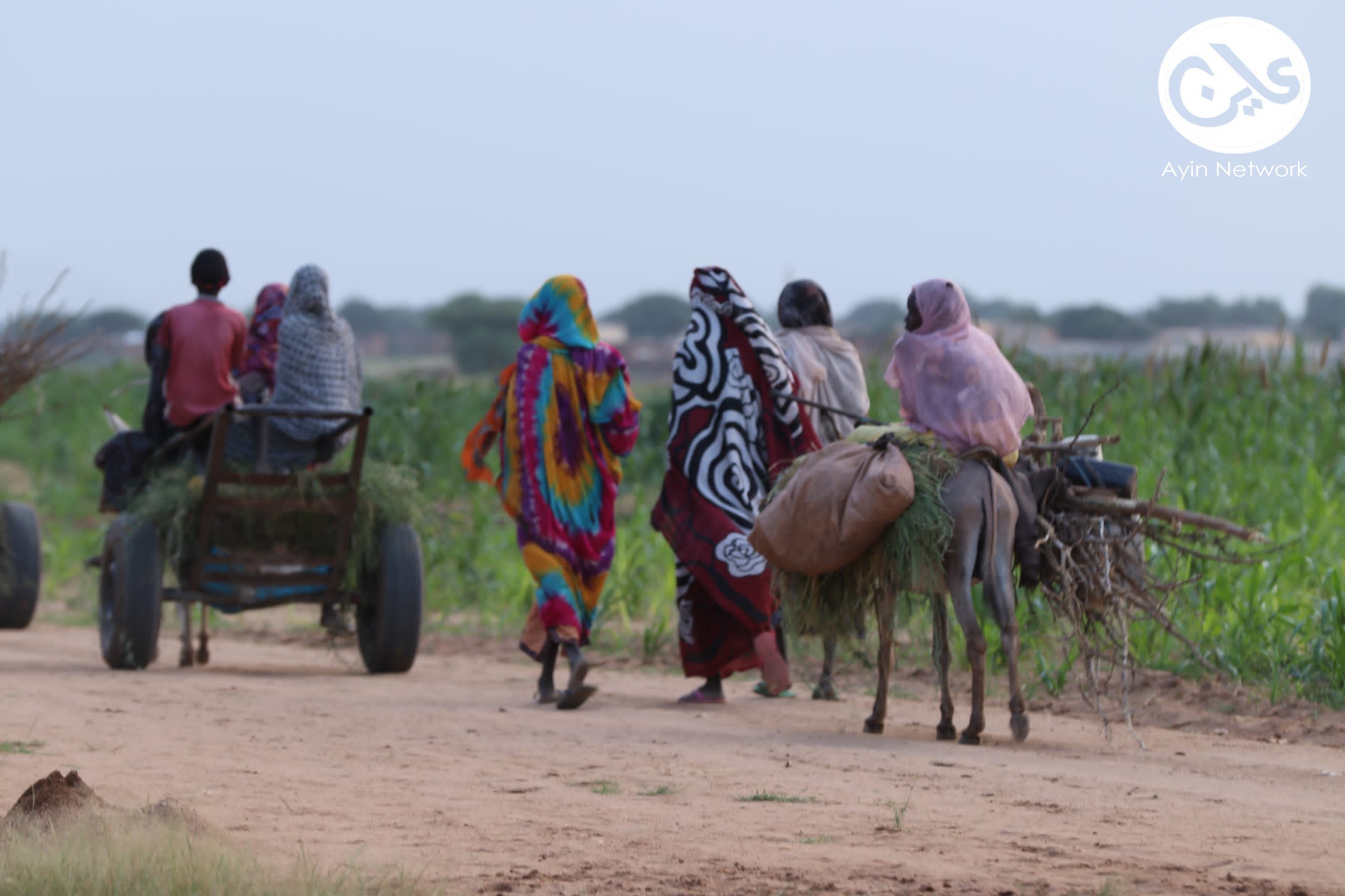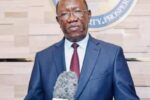More actors call for a civilian protection force
5 December 2024
As the conflict approaches 20 months in duration, humanitarian conditions persistently deteriorate as the warring parties continue to target civilians. “Civilians are not safe anywhere in Sudan,” Mohamed Osman, Sudan researcher at Human Rights Watch (HRW), told Ayin. The ongoing hardships have triggered local and international initiatives to introduce a civilian protection force to Sudan. These measures have taken place despite UN Secretary-General António Guterres’ rejection of deploying a UN civilian protection force during an address to the UN Security Council.
Since April 2023, about a third of Sudan’s population has faced acute food insecurity due to conflict, according to UNOCHA. A new study revealed that roughly 61,000 people have died in Khartoum alone since the war began, greatly exceeding earlier estimates of 15,000 deaths across the country. This horrific battle, which enveloped 15 of Sudan’s 18 states, continues to cause immeasurable misery. Both warring parties, Sudan’s national army and the paramilitary Rapid Support Force (RSF), are accused of committing human rights abuses against the public.
By the time of publishing this report, neither SAF nor RSF responded to our requests for comment.
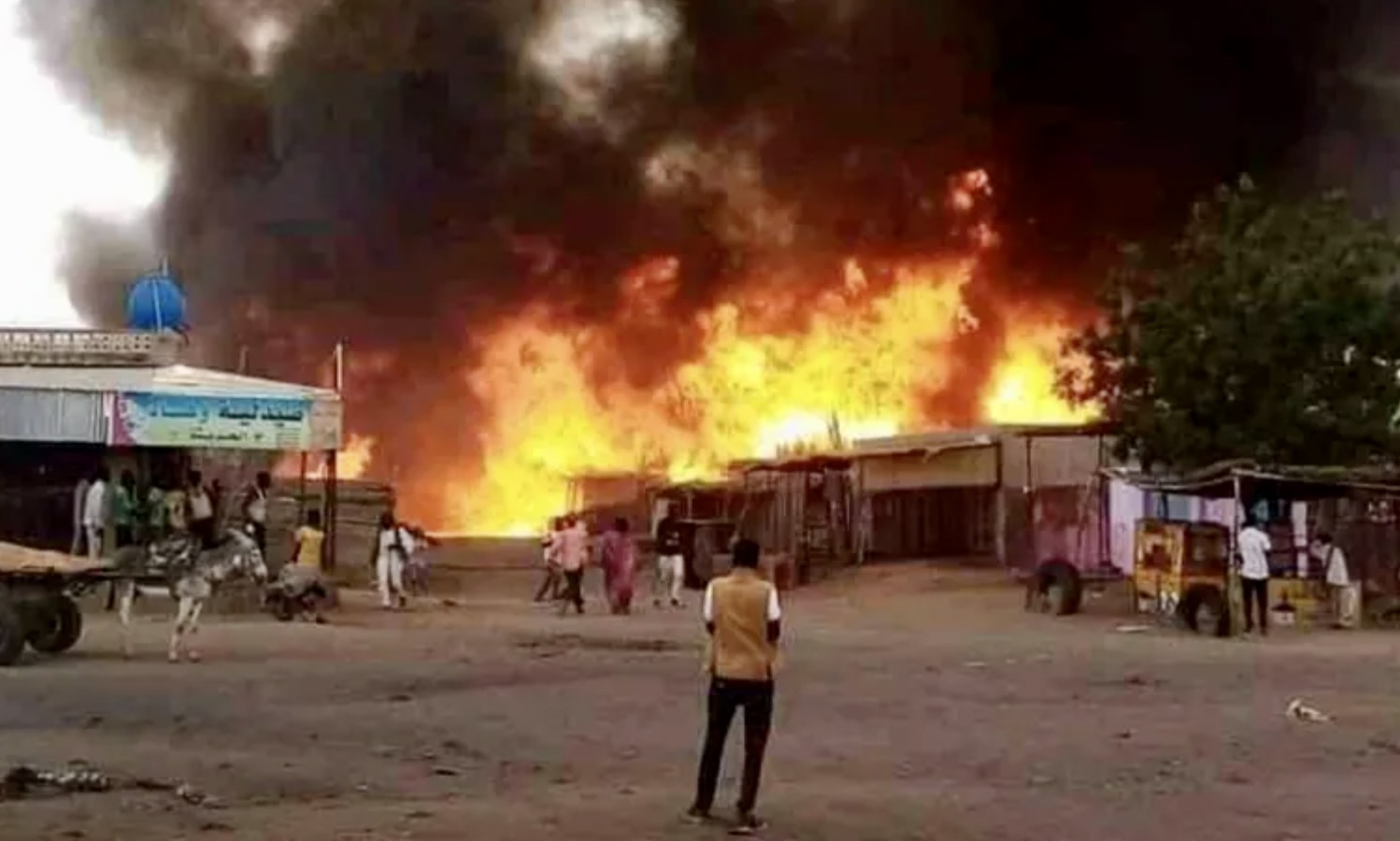
Calls to protect civilians
In response to these atrocities, local and international human rights organisations, political coalitions, and activists have recently been urging the establishment of a mechanism to protect civilians, including the deployment of civilian protection forces.
Efforts to protect Sudanese civilians have gained momentum in recent weeks. Former prime minister and the head of the Taqaddum (meaning “progress”) anti-war coalition, Abdallah Hamdok, visited the United Kingdom just days before it assumed the presidency of the UN Security Council (UNSC). During his visit, Hamdok and his coalition engaged with British parliament representatives, urging them to pressure their government into action. He also delivered a speech at the Chatham House think tank, highlighting the urgent need for civilian protection in Sudan. “I think we have to work on responsibility to protect (R to P), think about enforcing a no-fly zone, safe zones inside the country, even to the point where we should boldly talk about bringing boots on the ground,” Hamdok said during a panel event at Chatham House.
“Any step, no matter how big or small and whatever form—be it from IGAD or the African Union—that leads to civilian protection or improves access to humanitarian assistance will be welcomed unconditionally,” said the Taqaddum spokesperson, Bakri al-Jak.
The UK then submitted a draft resolution on Sudan to the UNSC, but a Russian veto ultimately prevented it from passing. In response, the British foreign minister, representing his country mission at the meeting, criticized the Russian president He criticised Vladimir Putin and Russia for blocking the resolution, saying, “This Russian veto is a disgrace.” He went further, questioning how much more violence needs to happen in Sudan before Russia acts. “I posed a question to the Russian representative: How many more Sudanese deaths, rapes of women, and food shortages must occur before Russia takes action?”
On the regional front, Ayin revealed that five months ago, negotiations were underway to deploy African-led civilian protection forces, as confirmed by a diplomatic source at the time. This move came in anticipation of Russia potentially blocking any such resolution in the UN Security Council.
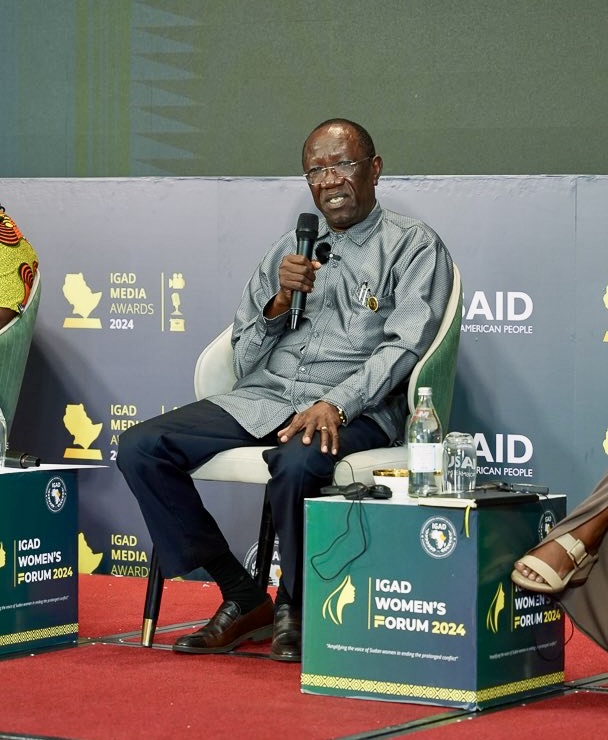
A civilian-led peace force
According to the East African Intergovernmental Authority on Development (IGAD) special envoy to Sudan, Lawrence Korbandy, IGAD is advocating for the deployment of civilian, non-compatant forces for Sudan. For an initial six-month period, IGAD would assign specific tasks to the civilian forces in the Sudanese capital, Khartoum. “This is a small but effective step that can help restore calm to the capital, including the Khartoum International Airport, and revive vital institutions,” he told Ayin. He pointed out that IGAD’s mechanism is designed as an “African solution for African problems” aimed at addressing Sudan’s crisis. The envoy confirmed that these forces would not be from Sudan’s neighbouring countries to avoid any political influence.
The challenge, says Kholood Khair, the director of the think tank, Confluence Advisory, is the fact Sudan is not an IGAD member, making any attempt to cooperate with the army’s de facto government difficult. “Sudan’s army has strongly opposed such a force,” Khair said. “It’s highly unlikely this can move forward.”
Khair added that the Rapid Support Forces (RSF) also oppose the idea, as it interferes with their attempts to clear people from their lands in areas like the Darfur region and Al-Jazeera state. However, she noted, “The RSF doesn’t need to publicly oppose it, as the army’s resistance is already enough to block any progress.”
She also highlighted IGAD’s internal issues, such as tensions between key member states like Kenya and Ethiopia, which weaken its ability to act decisively.
Despite her doubts, Khair acknowledges the efforts of IGAD’s special envoy in advocating for the initiative: “Keeping this issue on the diplomatic radar is crucial, but I don’t see that this will necessarily turn into something tangible.”
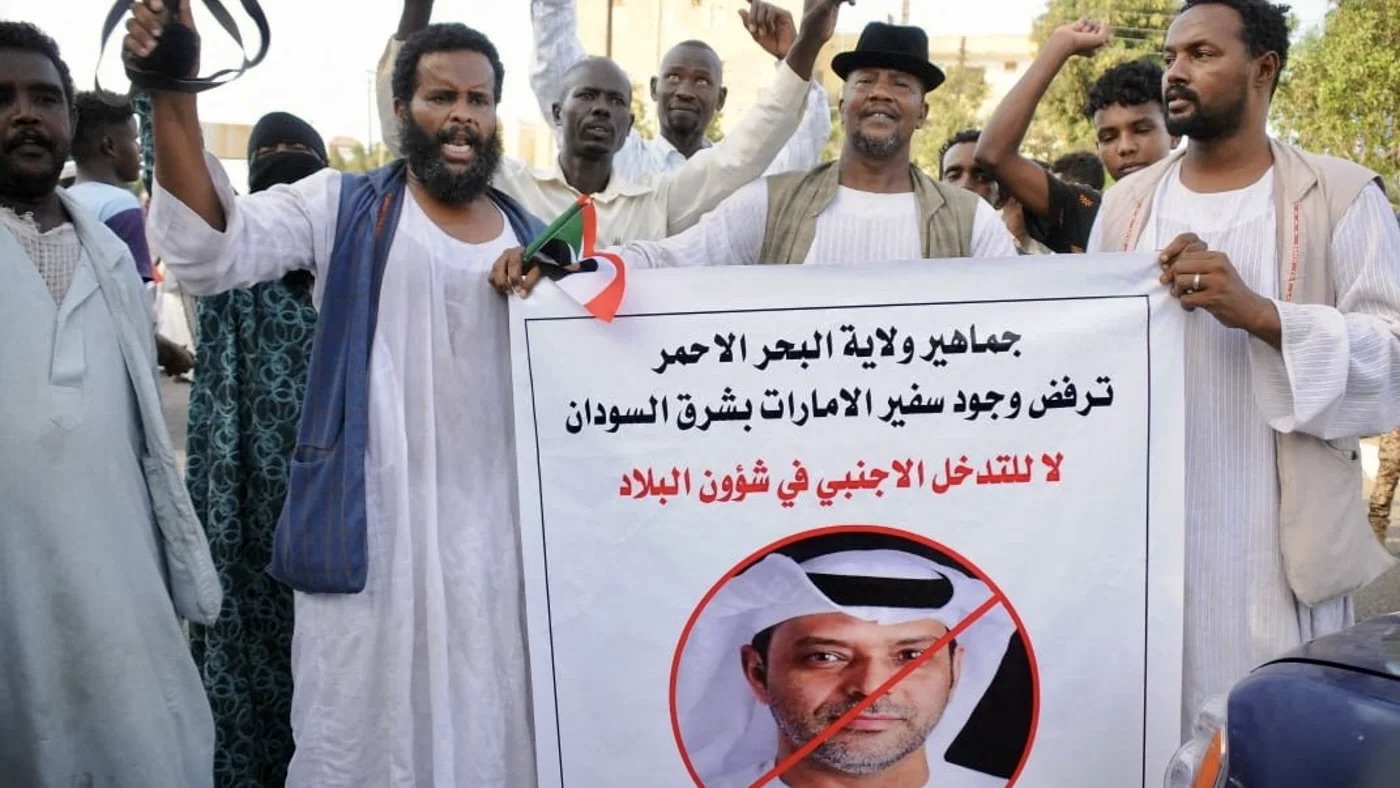
A proxy war
The Sudanese communist party (SCP), however, strongly opposes any deployment of foreign troops in Sudan. The Sudanese communist party’s central committee member, Fathi Al-Fadl, characterised the war in Sudan as a “proxy conflict,” with international and regional powers competing for control over the country’s wealth driving it. He pointed out that the intervention of IGAD troops or forces from allied nations is part of the plan to control Sudan’s resources rather than help civilians. He emphasised that foreign troops have failed in countries like Congo, Iraq, Syria, Libya, and Yemen, stating that “Sudan will not be exceptional” to the failure seen in these countries. He called for efforts to “name and shame” those fuelling the war and urged Sudanese democratic forces to build a “solid front” for peace.


